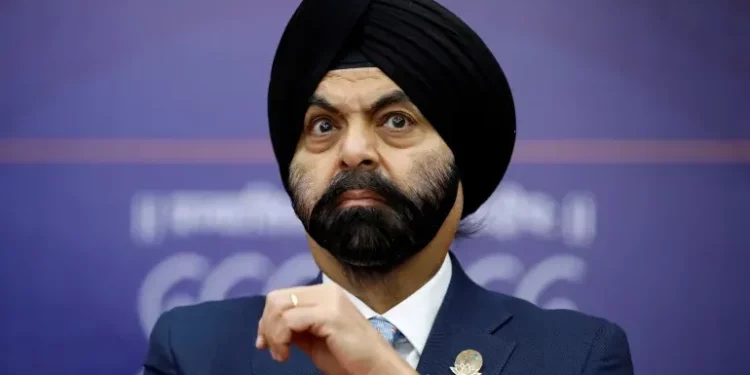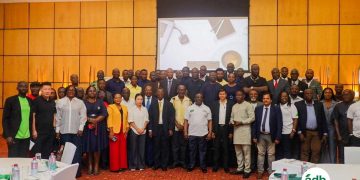Spain Boosts World Bank Aid by 37% Amid Rising Global Poverty Crisis
Spain announced a €400 million commitment to the World Bank’s International Development Association (IDA), marking a 37% increase from its previous pledge, as global financial institutions grapple with mounting challenges in the world’s poorest nations.
The announcement, made during the World Bank-IMF Annual Meetings in Washington, brings Spain’s total contribution to more than €5 billion since IDA’s inception and comes weeks before the fund’s final replenishment meeting in Seoul this December.
“This commitment exemplifies Spain’s resolve and dedication to achieving the Sustainable Development Goals,” said Carlos Cuerpo, Spain’s Minister of Economy, Trade and Business. “We hope others can follow to bolster much-needed financing to fight poverty and inequality.”
The increased commitment coincides with a World Bank report highlighting that the 26 poorest countries, home to 40% of the world’s most impoverished people, are facing their highest debt levels since 2006. These nations are increasingly vulnerable to natural disasters and economic shocks.
World Bank Group President Ajay Banga welcomed the move, describing IDA as “a critical partner for the countries most in need.” He emphasized the fund’s dual role in providing affordable financing and development expertise to combat poverty.
Spain has also taken additional steps to support vulnerable economies. Earlier this year, it introduced contingency clauses in its official loans, allowing borrower countries to temporarily suspend debt payments during natural disasters or food and health crises. Minister Cuerpo is pushing for other developed nations to adopt similar pause clauses before the UN’s 4th International Financing for Development Conference in Seville next year.
The timing of Spain’s announcement is strategic, coming ahead of the IDA21 replenishment meeting in December. The previous replenishment round, IDA20, secured $93 billion for development projects in the world’s poorest countries.
The commitment reflects growing concerns about the compounding effects of climate change, conflict, and economic instability on developing nations. It also signals Spain’s expanding role in international development finance at a time when many traditional donors face domestic political pressures to reduce foreign aid.
“IDA’s role has never been more critical,” Banga added. “Spain’s commitment will help IDA continue its work to breed stability, security, investment opportunities, trading potential, and jobs.”
The increased Spanish pledge could set a benchmark for other donor countries as they prepare their commitments for the December meeting in Seoul. The World Bank is seeking to expand IDA’s resource base to address escalating challenges in low-income countries, including climate adaptation, healthcare infrastructure, and digital transformation.








